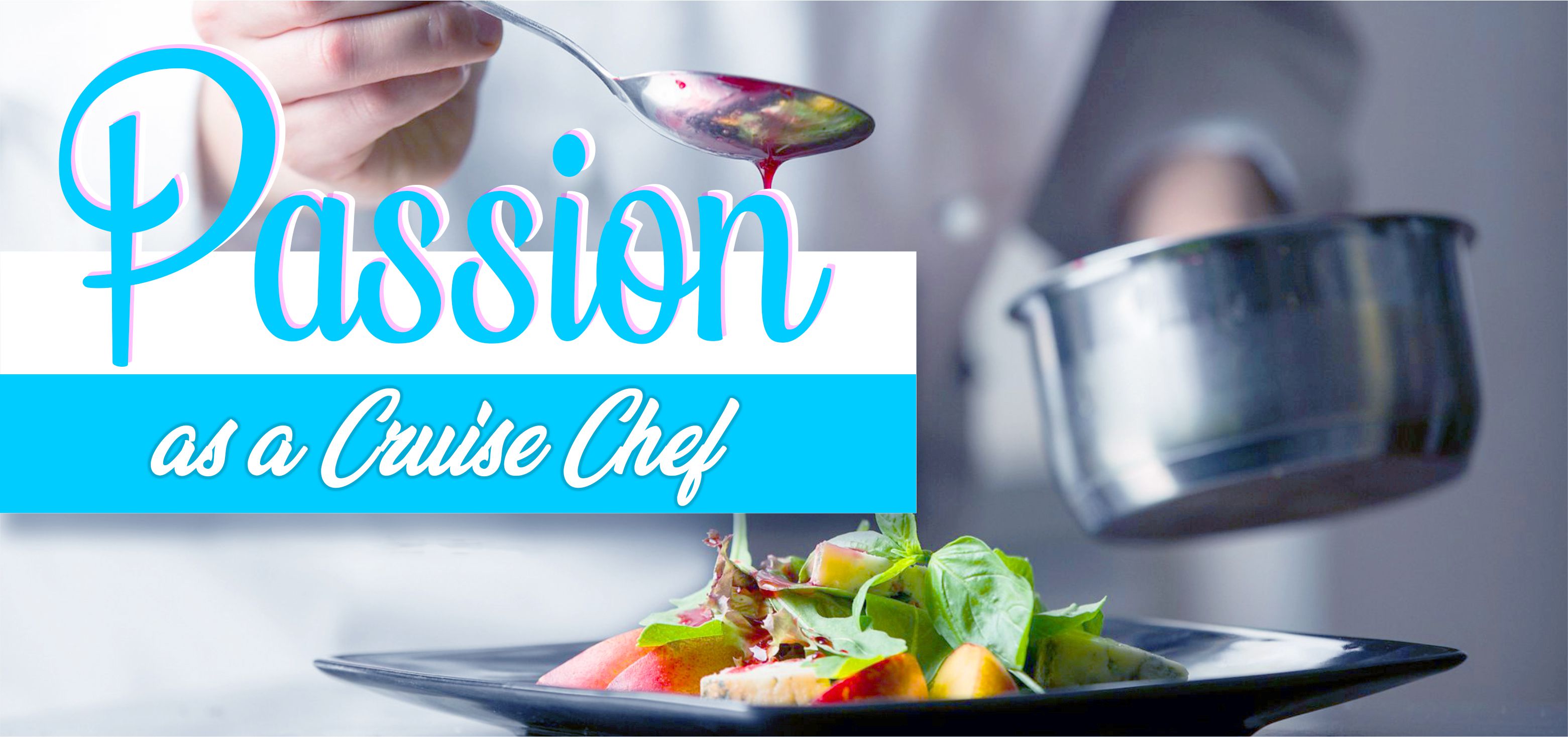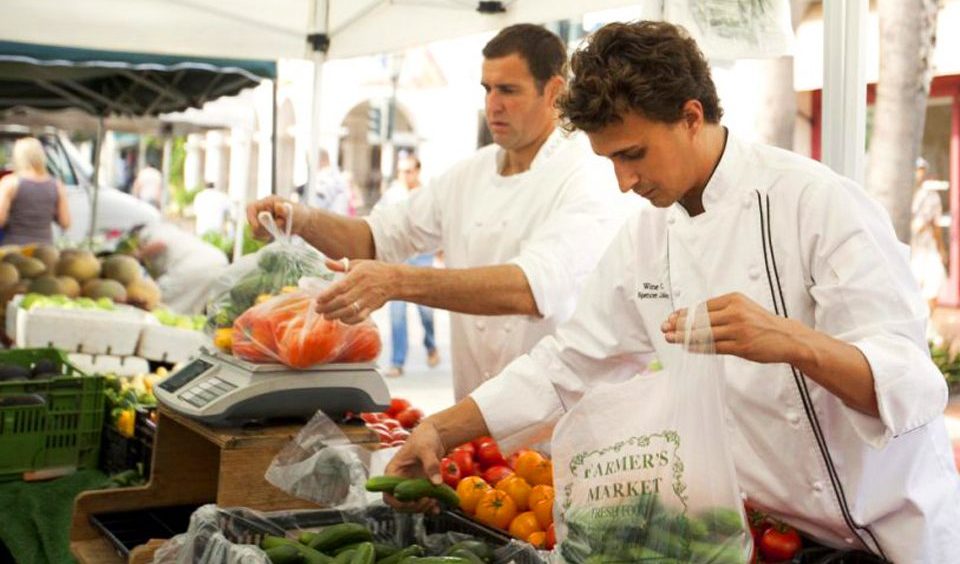 The culinary world is a fast-paced, constantly evolving and hard working industry. Learning how to be a chef and keeping up with trends can suck the life out of you. This is the basic reason why it is so important to have passion for your work, particularly as a cruise ship chef.
The culinary world is a fast-paced, constantly evolving and hard working industry. Learning how to be a chef and keeping up with trends can suck the life out of you. This is the basic reason why it is so important to have passion for your work, particularly as a cruise ship chef.
Being a cruise ship chef is a demanding job
The world of cruise ship chefs involves hours of hard labour, behind the scenes. It is extremely rare that a cruise ship chef is called out by a guest to be thanked. You will probably be one of dozens working on the menu for the day, ensuring everything is up to standard. Having an undying passion for cooking will ensure that no matter how thankless your job is, how badly your day went down and how tired you are at the end of it, you will still wake up the next morning raring to go. Every day of your contract.
Evolution is the name of the game
Guests on cruise ships are no longer satisfied with the same food every day. Even classics need to be top-notch, treated with care and sometimes put a spin on to remain relevant. As a cruise ship chef, your job may require you to ensure that the menu developed by the company is followed to the T. This does not mean there is no evolution or change. Menus are often revamped from one season to the next, or you may be transferred to another vessel. Keeping the passion for being a chef alive will ensure you get through what might seem a mundane job to a point where you make the decisions.
The process of passion is baptism by fire
Passion is not just a heartfelt desire to do something for the rest of your life. It survives the test of time and the ravages of hard work. To do this, one must go through the process of passion. Whether it is a full-scale graduate course in hospitality or a series of rigorous short-term diplomas in culinary specifics, there may be days when you ask yourself if you are truly cut out for the industry. But this is where the passion for the culinary arts is born. If you love what you do, you will persevere through the short-term for long-term gains.
Learning is an important part of passion
In the culinary world, simply knowing you have passion is not enough. Learning is an important part of cruise ship chefs jobs, particularly in the fundamentals. Having a good grip on the basics is the foundation for tweaking skills and techniques even later in life. Keep an eye out for masterclasses by renowned chefs, tutorials and workshops to continuously learn new things and broaden your horizon.



